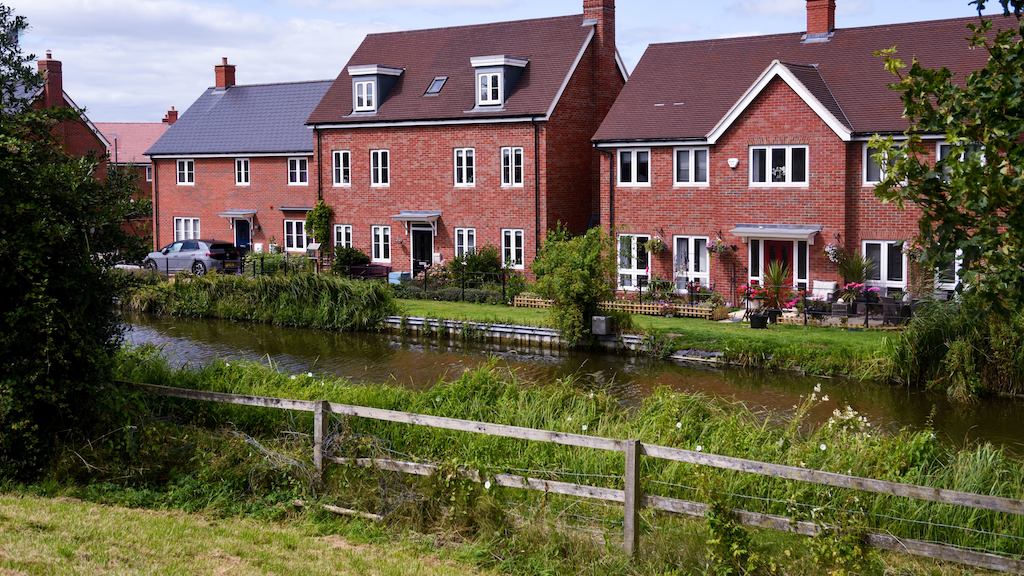A new report from the Good Home Inquiry has found that a lack of urgency in improving the quality of homes has left residents in danger, as figures showed that excess winter deaths increased by almost 20% from winter 2018-19 to 2019-20. Meanwhile 4 million homes don’t meet basic standards of decency – 2 million of which (1 in 10 homes in England) contain a ‘category 1 hazard’, meaning they are of such poor quality that they put their residents’ health or safety at risk.
The Good Home Inquiry, supported by the Centre for Ageing Better, warns that England’s homes are the oldest and among the worst quality in Europe. But a lack of urgency and co-ordinated action to improve homes has left residents in danger. In addition, the cost to the NHS of poor housing is estimated to be £1.4 billion a year.
The report also shows that over 55s are more likely to live in poor-quality housing, as are those most vulnerable to COVID-19 – such as people with health conditions or from Black, Asian and Minority Ethnic backgrounds. It also finds that while poor-quality housing is common in all tenures, it is most prevalent in the owner-occupied sector, with many cash-poor residents unable to afford vital repairs or improvements to their home.
A ‘perfect storm’ of factors make this a ‘now or never’ moment for transforming the state of the nation’s housing. The pandemic has highlighted the impact that low-quality housing has on our health and wellbeing; the urgency of reaching net zero carbon emissions means that retrofitting homes to make them more energy efficient must be a priority; and we are facing a rapid age-shift in the population, meaning that the country’s homes need to be suitable for those in later life.

